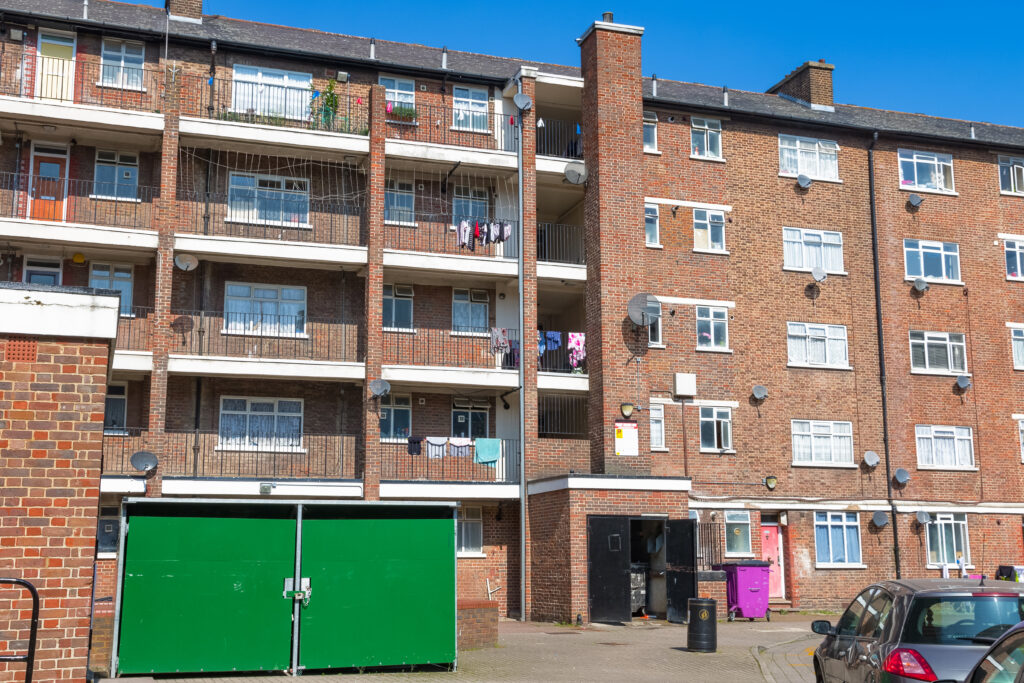2024 PhD Project

About The Project
Research indicates that being homeless or in precarious housing, has a considerable economic impact as well as creating significant challenges for individuals experiencing homelessness in areas such as mental health, family relationships, maintaining social networks, employment, and physical health (including substance abuse). Yet despite evidence of the numerous, far-reaching personal, economic, and social benefits of individuals engaging in paid work, there are significant challenges within current homelessness and welfare systems in the UK which suggest that they do not effectively support homeless people to move into paid work.
Local evaluation evidence suggests that people living in supported accommodation encounter multiple and complex barriers to work. Housing services tend to regard employability as outside of their remit and are inadequately supported and equipped to deliver such interventions. Those who do pursue paid employment can incur debt and even face eviction, as they navigate complex benefits systems and significantly increased rent costs. This deters many staff and service users from pursuing paid employment whilst living in supported housing. The employment-related needs of those in supported housing, therefore, are not always explored and addressed.
Though there is considerable evidence that homeless people can and do work whilst living in supported housing, little is known about this experience from the perspectives of ‘working residents’ or those delivering support. Furthermore, there appears to be a general lack of embedded employment-related provisions within supported housing. This is especially worrying for a city such as Nottingham where the government’s work and benefit data identifies above average unemployment, above average numbers in low paid/skilled work, below average numbers in higher paid/skilled jobs, and pay levels significantly below regional and national averages.
This project uses a case study approach to explore current employability practices within an East Midlands-based charity, Framework, which offers supported housing to homeless and vulnerable people. The project seeks to unravel the challenges to work faced by individuals in supported housing, examining tensions between the employment and housing-related needs of residents and housing providers, within the current UK political, social, economic and welfare policy context. It will also examine practices that align with successful employment-related outcomes for working residents, subsequently increasing our knowledge and understanding of ‘what works’ within these settings.
Project Aims
The broad aims of the project are:
- To explore experiences and perceptions of ‘working residents’, and those who work within supported housing settings in relation to employment, housing, and benefits to gain deeper understandings of their lived experiences
- To produce an intersectional analysis of people’s challenges and barriers in relation to housing, employment, and welfare
- To explore how the voices of those most likely to experience homelessness and/or unemployment are heard and to identify channels to effectively incorporate this into policy processes
The Project Team
- PhD Candidate: Helen Lawrence, UoN
- Lead Academic Supervisor: Dr Steve Iafrati, UoN
- Academic Co-Supervisor: Professor Geraldine Brady, NTU
- Community Supervisor: Jess Smith, Framework
